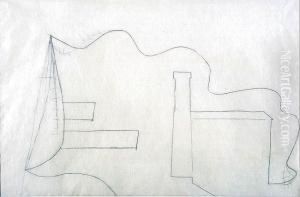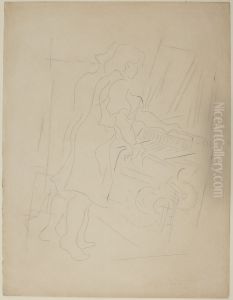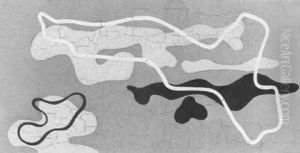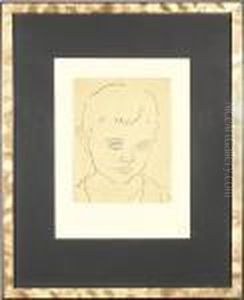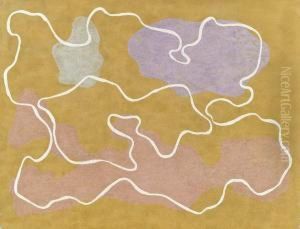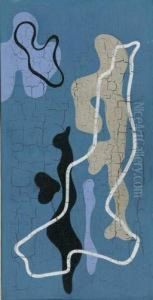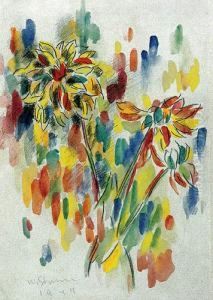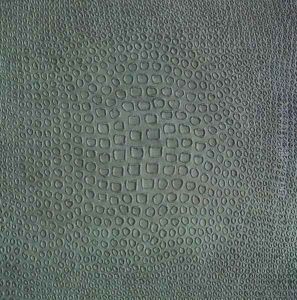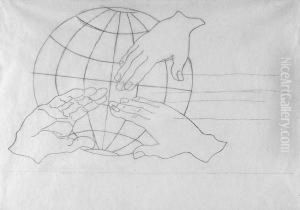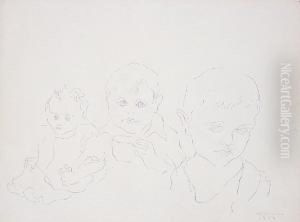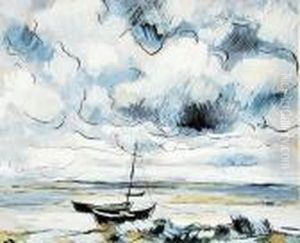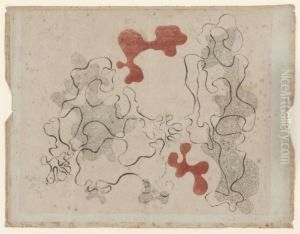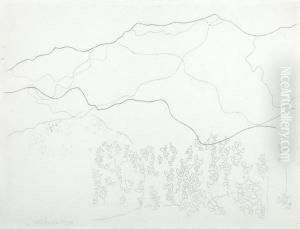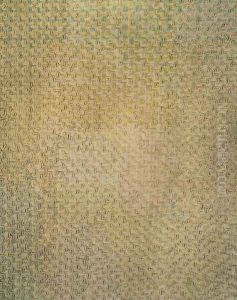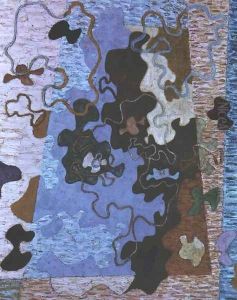Wladyslaw Strzeminski Paintings
Wladyslaw Strzeminski was a pioneering Polish painter, theorist, and educator, born on November 21, 1893, in Minsk, then part of the Russian Empire, now in Belarus. Strzeminski made significant contributions to the development of abstract art in Poland and is best known for his association with the Constructivist movement. His work and ideas had a profound influence on the course of modern art in Eastern Europe.
Strzeminski's early life was marked by his service in the Russian army during World War I, where he lost an arm and a leg, which profoundly influenced his later work and life. Despite these injuries, he pursued his passion for art, studying and working in Russia and Ukraine before moving to Poland in 1922. There, he became a central figure in the avant-garde art scene, co-founding several artist groups including Blok and Praesens, and later the a.r. group, which played a significant role in promoting Constructivism in Poland.
Throughout the 1920s and 1930s, Strzeminski developed his theory of Unism, which posited that the harmony of the artwork comes from the unity of its elements. He applied this theory not only to painting but also to typography, design, and architecture. His theoretical works, including the 1936 book 'Theory of Vision,' profoundly impacted Polish modernist thought and practice.
Strzeminski faced significant challenges during World War II and the subsequent Stalinist era. His avant-garde approach was at odds with the socialist realism promoted by the Communist regime, leading to his dismissal from the State Higher School of Visual Arts in Lodz, which he had helped to establish and where he taught for many years. Despite political and health difficulties, Strzeminski continued to work, although his later years were marked by poverty and isolation.
Wladyslaw Strzeminski died on December 26, 1952, in Lodz, Poland. Despite the challenges he faced, Strzeminski's legacy as a visionary artist and educator endures. His work is celebrated for its innovative approach and its enduring influence on the development of modern art in Poland and beyond. His life and work have been the subject of renewed interest in recent years, including the 2016 film 'Afterimage' directed by Andrzej Wajda, which explores Strzeminski's struggles against political oppression and his commitment to artistic freedom.
